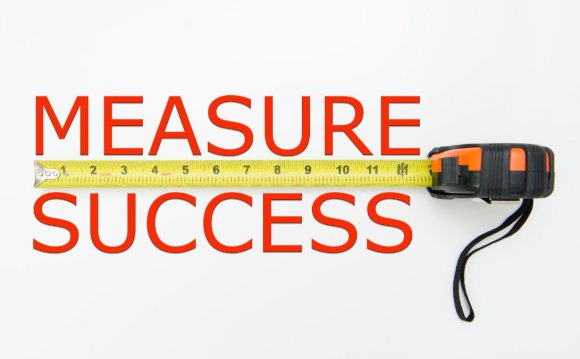
Research and development (R&D) plays a key role in the innovation process for many organisations. Research is a systematic approach to gaining new knowledge or building a better understanding of concepts. Development is the process of applying and using the research and knowledge to generate new ideas that can be applied in the market.
In the past, and to some extent still today, research and development has been used to overcome genuine technological problems. Technological problems are the issues that prevent you from taking an idea any further. For example, an employee in the past may have suggested an idea for a mobile telephone, however, at the time the facilities and technology may not have been possible to allow the product to be developed for the market. Over a period of time, research and development makes these types of ideas possible.
Research and development involved four key operations; basic research, applied research, development and technical service[1]. Basic research generally involves fundamental activities that provide information and data to a wide group of people. Basic research is conducted mainly in laboratories and universities funded by government grants or private investment. Applied research involves the application of previously existing principles to solve specific problems, often resulting in new technology.
Development is an activity similar to applied research, using established principles and focusing them on new products and ideas. It involves overcoming technical problems and making the product a viable option. Technical service focuses on improving the efficiency and effectiveness of current products,  processes and systems.
processes and systems.
Research and development plays an important part in gaining a competitive advantage. Without investing in some form of R&D, you are relying on others to come up with new ideas, new products and new technology. This puts your organisation at a disadvantage as you are forever playing catch up with your competition, merely copying what works and not being innovative.
As your organisation will only have a limited amount of resources available when conducting research and development, it is vital that you are able to use them efficiently and to maximum effect. Your R&D team needs clear direction, access to information, tools and resources. Ensure that any research your team is doing is focused and can be applied to your organisation with the potential to provide commercial benefits.
The main criticism of research and development departments is that they can become disconnected from the real world. This reduces the effectiveness of research and development and organisations don't get a sufficient return on their investments. This problem has been related to the fact that many R&D departments are isolated from the rest of the business and can become overly concerned with secrecy[2]. To combat this issue, you should try and integrate your research and development with other areas of the business and avoid separating the process from the rest of your operations. [1] Innovation Generation: Creating an Innovation Process and an Innovative Culture, P Merrill, 2008.
INTERESTING VIDEO














